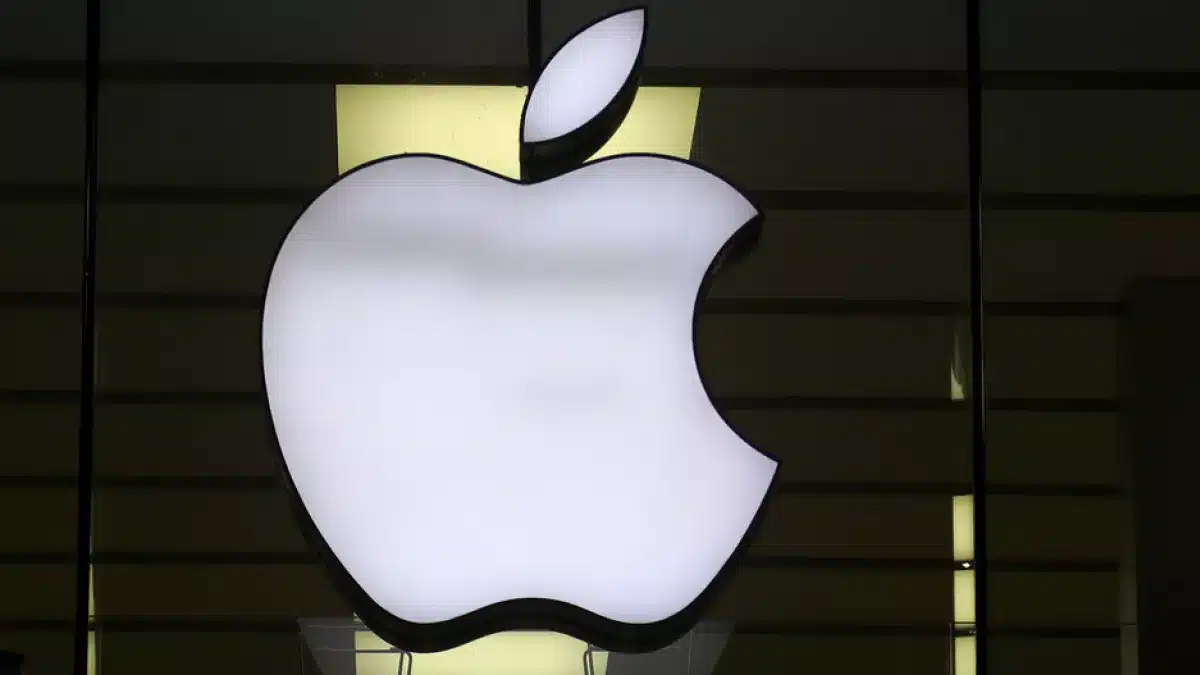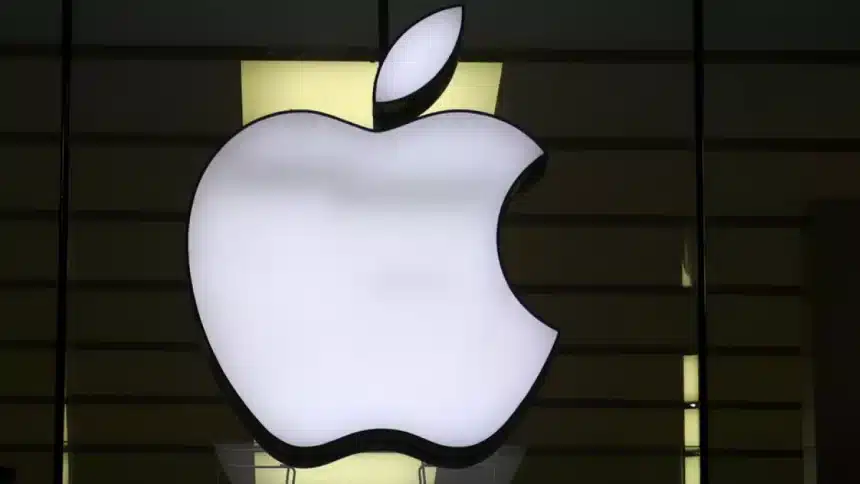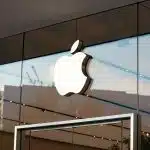Apple has been named in criminal complaints in France and Belgium, accusing the company of complicity in sourcing conflict minerals tied to human rights abuses in Congo. These complaints, filed by the Congolese government, allege that Apple’s supply chain indirectly funds violent groups responsible for systemic war crimes.
The complaints focus on the use of tin, tungsten, tantalum, and gold—collectively known as “3T materials.” These minerals are essential to the tech industry but are often sourced from regions embroiled in conflict. The filings claim that Apple knowingly uses minerals laundered through complex supply chains that obscure their origin.

Certification Body Under Scrutiny
Central to the accusations is ITSCI, a conflict mineral certification body funded by the metals industry. The complaints allege that ITSCI fails to reliably certify materials as free from slave labor or ties to armed groups. In 2022, the Responsible Minerals Initiative (RMI) removed ITSCI from its list of trusted accountability monitors. Despite this, Apple cited ITSCI multiple times in its 2023 report, raising questions about the company’s due diligence practices.
Apple, a member of RMI, has long maintained a Supplier Code of Conduct to prevent the use of tainted materials. In its latest filing, the company claimed that none of its suppliers directly financed armed groups. However, the complaints argue that Apple’s reliance on flawed certification processes undermines these claims.
Tech Industry’s Reliance on 3T Minerals
The tech industry remains heavily dependent on 3T minerals for components like resistors, batteries, and semiconductors. While alternatives are unavailable, companies must ensure their sourcing practices do not perpetuate violence or human rights abuses.
In the past, Apple has taken steps to address these issues, removing 30 suppliers from its supply chain between 2019 and 2022 for failing to meet ethical standards. Yet, critics argue these measures fall short of addressing systemic problems in sourcing practices.
Legal and Ethical Implications
The French and Belgian courts will now decide whether to proceed with the charges against Apple. These cases mark the first time a major tech company faces criminal complaints over conflict minerals, setting a significant precedent.
As the legal proceedings unfold, they highlight the urgent need for transparency and accountability in global supply chains.












